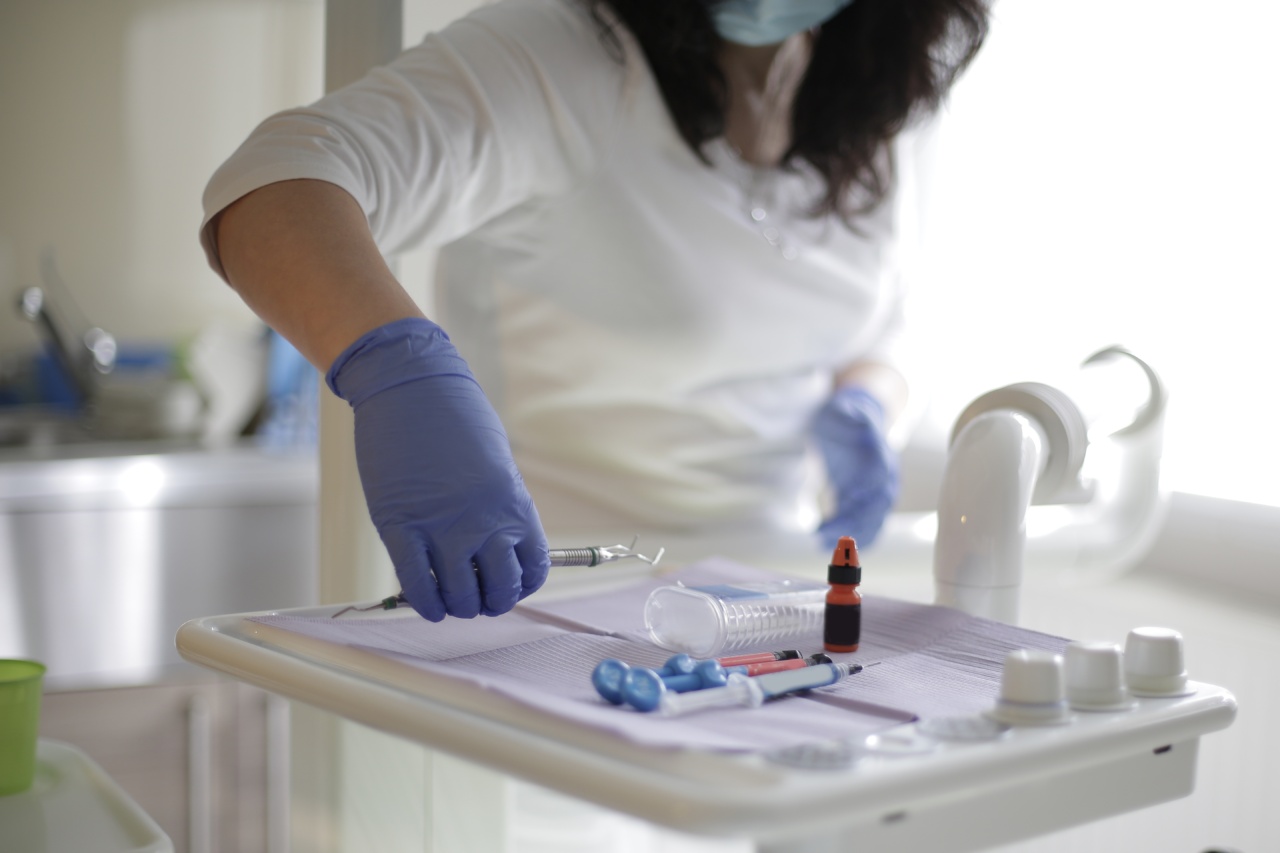Hiccups are sudden, involuntary contractions of the diaphragm muscle. These contractions can occur due to various reasons. Some of the most common causes of hiccups include:.
1. Eating too quickly or too much
When you eat too quickly or too much, you tend to swallow air along with your food. This can irritate your diaphragm and trigger hiccups.
2. Drinking carbonated beverages
Carbonated beverages, including sodas and champagne, can cause hiccups. The bubbles in these drinks can irritate your diaphragm and trigger hiccups.
3. Drinking alcohol
Drinking alcohol can cause hiccups because it relaxes the muscle that controls the diaphragm, making it easier for it to spasm.
4. Nerve damage or irritation
Damage or irritation to the nerves that control the diaphragm can cause hiccups. This can occur due to various reasons, including surgery, injury, or a tumor pressing on the nerves.
5. Acid reflux
Acid reflux can cause hiccups. This occurs when stomach acid flows back into the esophagus, irritating the nerve that controls the diaphragm.
6. Stress or excitement
Stress or excitement can cause hiccups because they can cause changes in your breathing patterns, which can irritate your diaphragm.
7. Illness or infection
Various illnesses and infections can cause hiccups, including pneumonia, meningitis, and diabetes.
8. Medications
Some medications can cause hiccups as a side effect, including steroids and medications used to treat Parkinson’s disease.
9. Swallowing irritants
Swallowing irritants, such as smoke or fumes, can cause hiccups by irritating the nerves that control the diaphragm.
Ways to cure hiccups
While hiccups are usually not a cause for concern and often go away on their own, they can be uncomfortable and annoying. Here are nine ways to cure hiccups:.
1. Hold your breath
Holding your breath can help distract your diaphragm and stop the hiccups. Take a deep breath and hold it for as long as you can before slowly exhaling.
2. Drink water
Drinking water can help stop hiccups by relaxing the diaphragm. Drink a glass of water as quickly as possible, without taking any breaks.
3. Breathe into a paper bag
Breathing into a paper bag can help stop hiccups by increasing the levels of carbon dioxide in your blood. Hold a paper bag over your mouth and nose and breathe in and out several times.
4. Pull your knees to your chest
When you pull your knees to your chest, you create pressure on your diaphragm, which can help stop hiccups. Sit on the edge of a chair and pull your knees to your chest, holding them there for several minutes.
5. Bite on a lemon
Biting on a lemon can help stop hiccups by promoting the production of saliva, which can help relax your diaphragm.
6. Gargle with ice water
Gargling with ice water can help stop hiccups by stimulating the nerves in the throat that are connected to the diaphragm.
7. Swallow a spoonful of peanut butter
Swallowing a spoonful of peanut butter can help stop hiccups by stimulating the vagus nerve, which helps control the diaphragm.
8. Use pressure points
There are a few pressure points on the body that can help stop hiccups. Try pressing on the area just above your collarbone, or on the palm of your hand between your thumb and forefinger.
9. Use medications
If your hiccups are persistent and don’t respond to these home remedies, your doctor may be able to prescribe medications to help stop them.






























